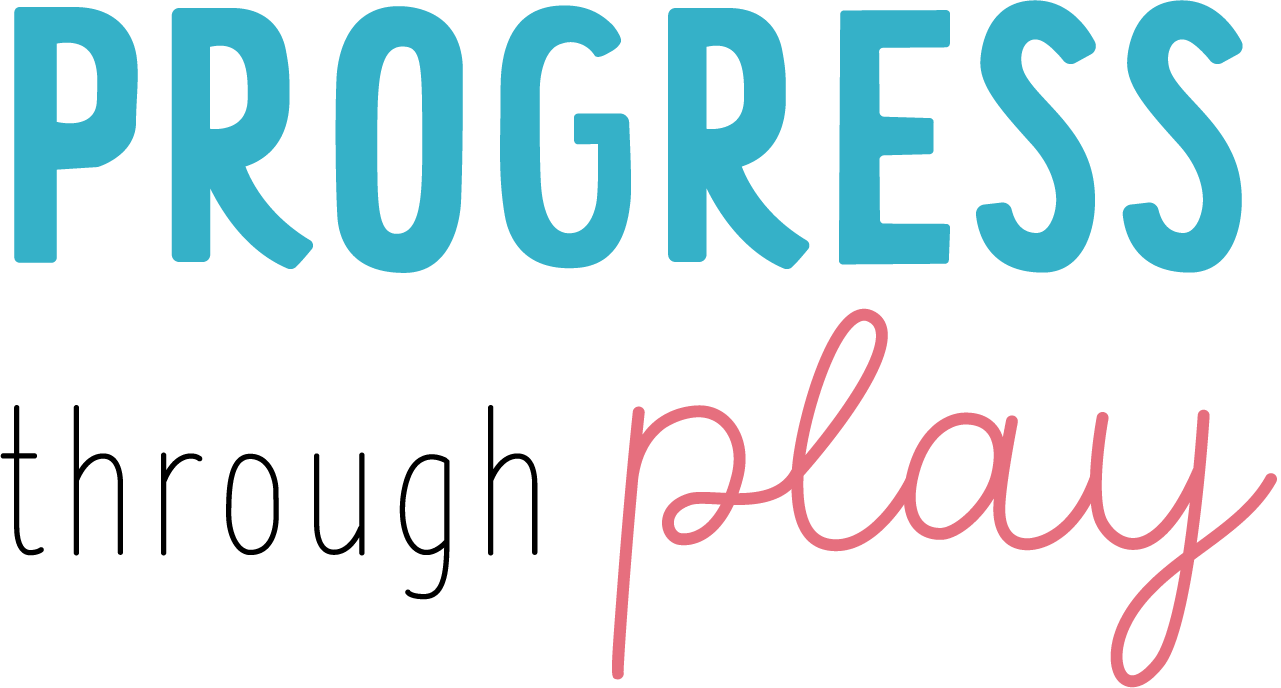There ARE Things We Can Do for Babies with Colic!
As a pediatric physical therapist, I understand the challenges and stress that parents who have a baby who has colic can experience. The constant crying and discomfort can be overwhelming, but rest assured, there are effective strategies we can use to help your little one. Don’t let providers brush you off—there are many things we can do to address and alleviate colic symptoms.
One of the first steps in addressing colic is to evaluate your baby’s feeding. Improper latching, sucking, or swallowing during breastfeeding or bottle-feeding can contribute to excessive air intake, leading to gas and discomfort. As a pediatric physical therapist, along with skilled lactation consultants, I work with parents and babies to assess your little one’s feeding technique and provide guidance on how to improve it. Simple adjustments can make a significant difference in their feeding and furthermore reduce colic symptoms. Sometimes, a baby is diagnosed with an oral tie, such as tongue-tie or lip-tie. This can interfere with a baby’s ability to feed effectively, leading to colic. These conditions restrict the movement of the tongue or lips, making it difficult for the baby to latch properly. A thorough evaluation by an infant feeding specialist, or specialized dentist can identify these issues. If oral ties are present, appropriate interventions, such as functional exercises, manual therapies and referrals to specialists for further treatment, can be recommended.
Gut health plays a crucial role in a baby’s overall well-being. Imbalances in the gut microbiome or food sensitivities can cause digestive issues, leading to colic. A pediatric PT can refer you to specialists who can explore your baby’s diet and look for potential triggers that might be causing discomfort. In some cases, probiotics or changes in the feeding routine can help promote a healthier gut environment.
Tension in a baby’s body can exacerbate colic symptoms. Through gentle bodywork techniques such as myofascial release, craniosacral fascial therapy, and infant massage, a pediatric PT can help release any built-up tension. These techniques promote relaxation, improve mobility, and enhance the overall comfort of your baby. By addressing areas of tension, we can significantly reduce crying and discomfort associated with colic.
Additionally, a baby’s nervous system can become overstimulated, leading to increased fussiness and colic symptoms. Techniques that promote nervous system regulation, such as sucking, gentle rocking and rhythmic movements can help soothe your baby. There are specific exercises and sensory activities designed to calm the nervous system that can be incorporated into your baby’s daily routine to provide relief.
Each baby is unique, and a one-size-fits-all approach does not work for colic. As a pediatric physical therapist, I provide personalized care and support tailored to your baby’s specific needs. By conducting a comprehensive evaluation and considering all potential contributing factors, we can develop a holistic treatment plan to address colic effectively.
It’s essential to advocate for your baby and seek the care and attention they deserve. Colic can be distressing, but it’s not something you have to endure without help. If you feel that your concerns are being dismissed, don’t hesitate to seek a second opinion or consult a pediatric physical therapist who specializes in infant care. Together, we can work towards providing relief and comfort for your baby.
If you’re struggling with a colicky baby, don’t hesitate to contact us! We are here to help you and your little one find comfort and relief.


